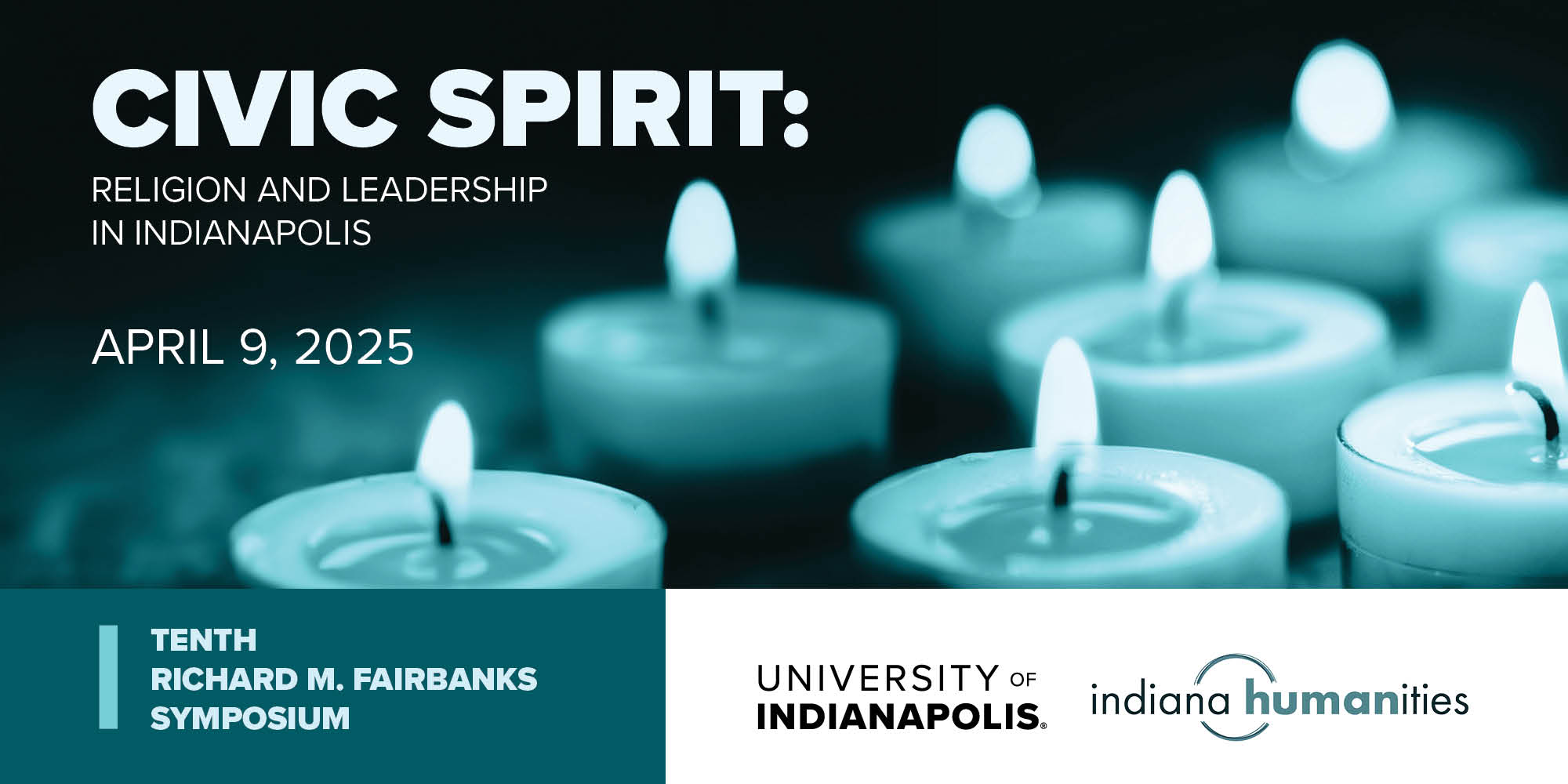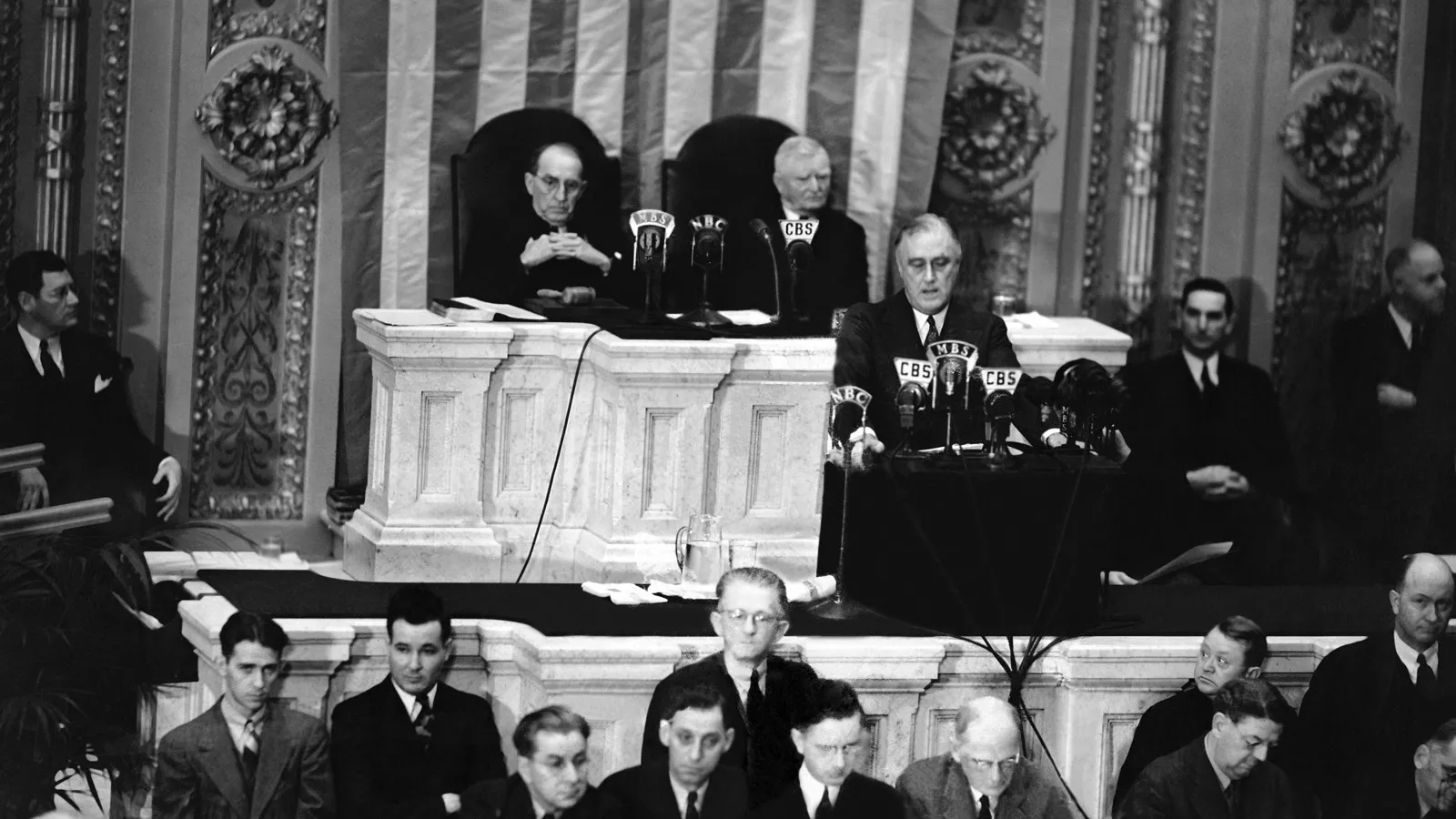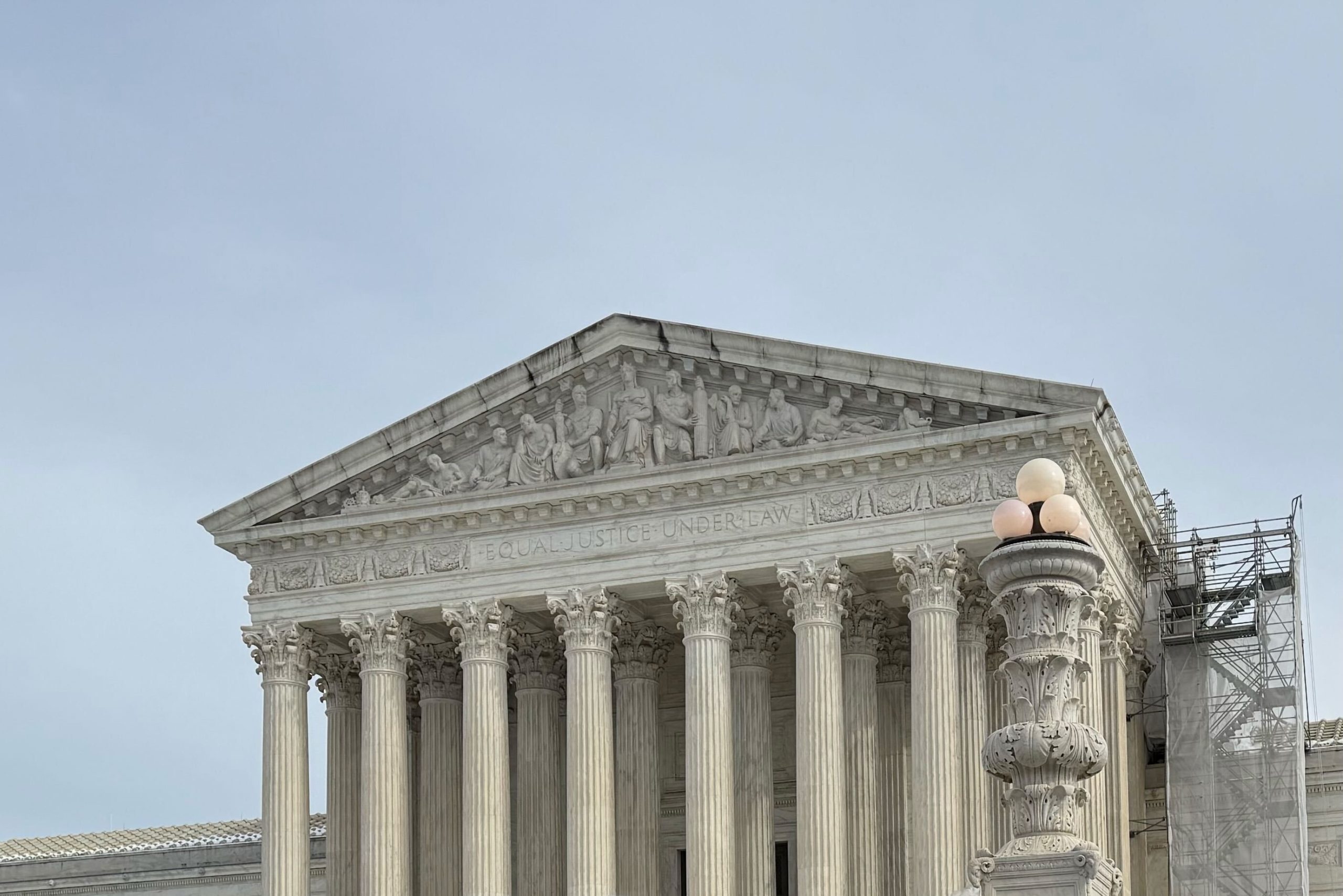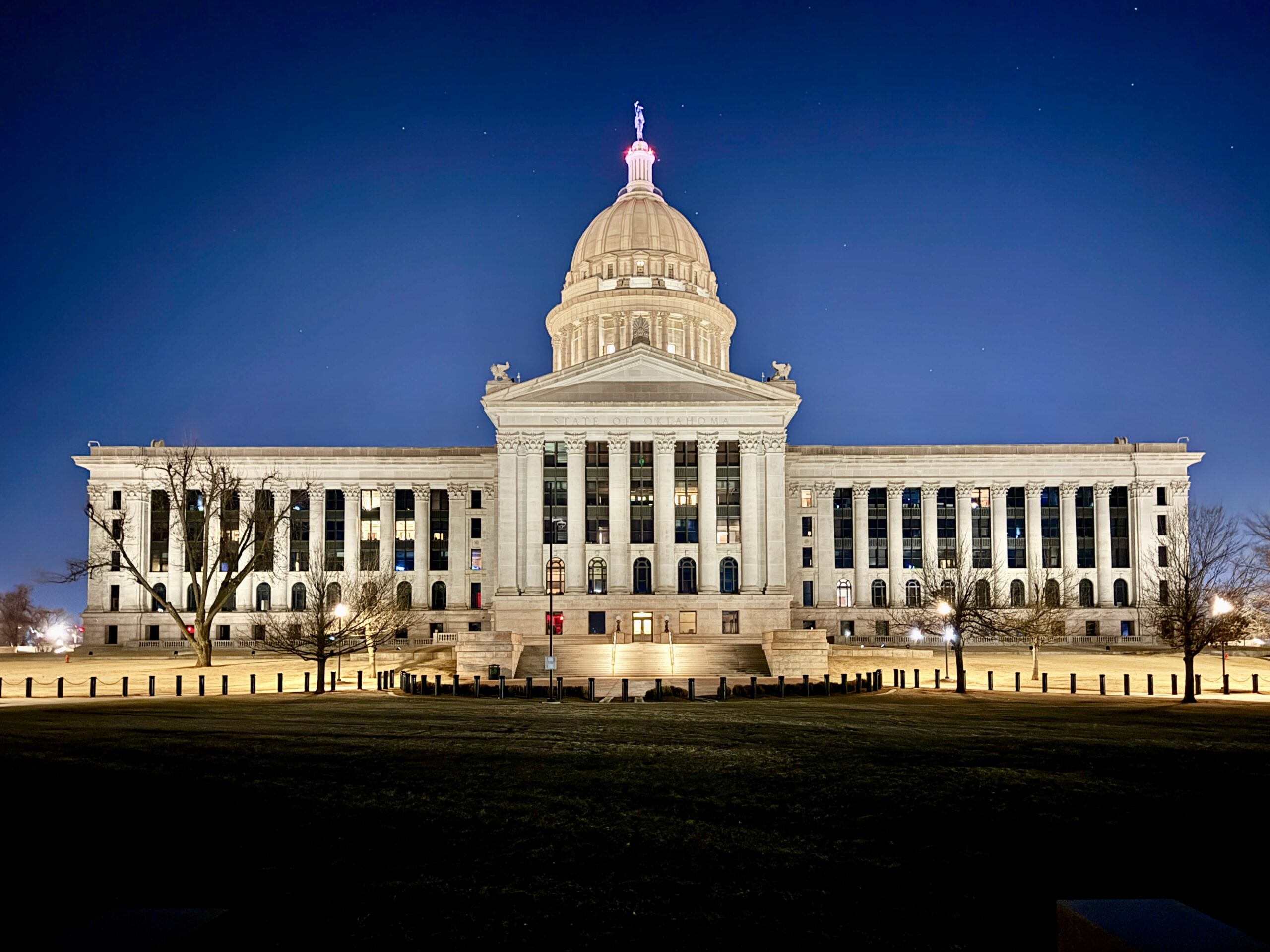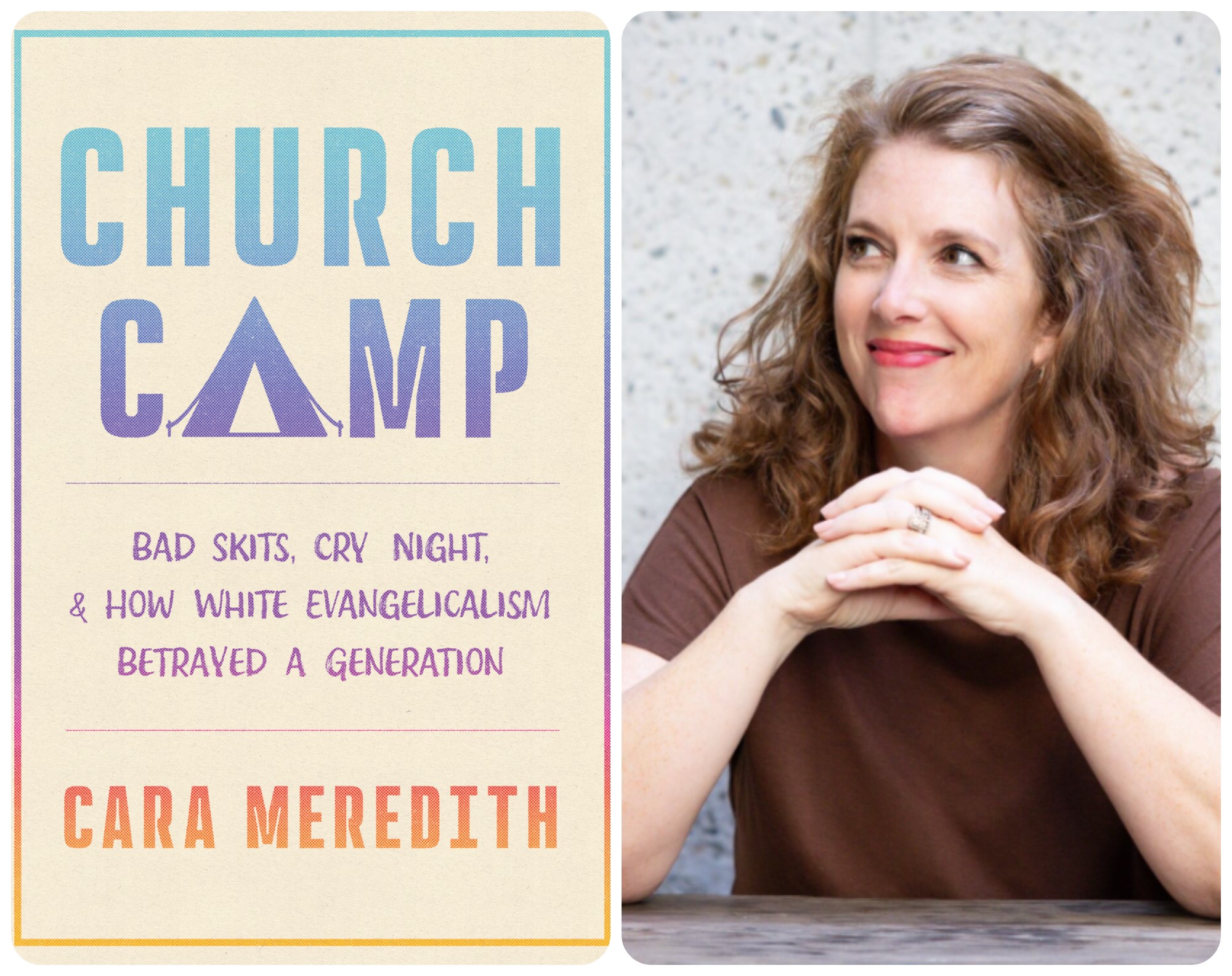Faith, Freedom, and the Founding: How Christianity Shaped America's Early Republic
Religion
2025-04-28 23:17:02Content
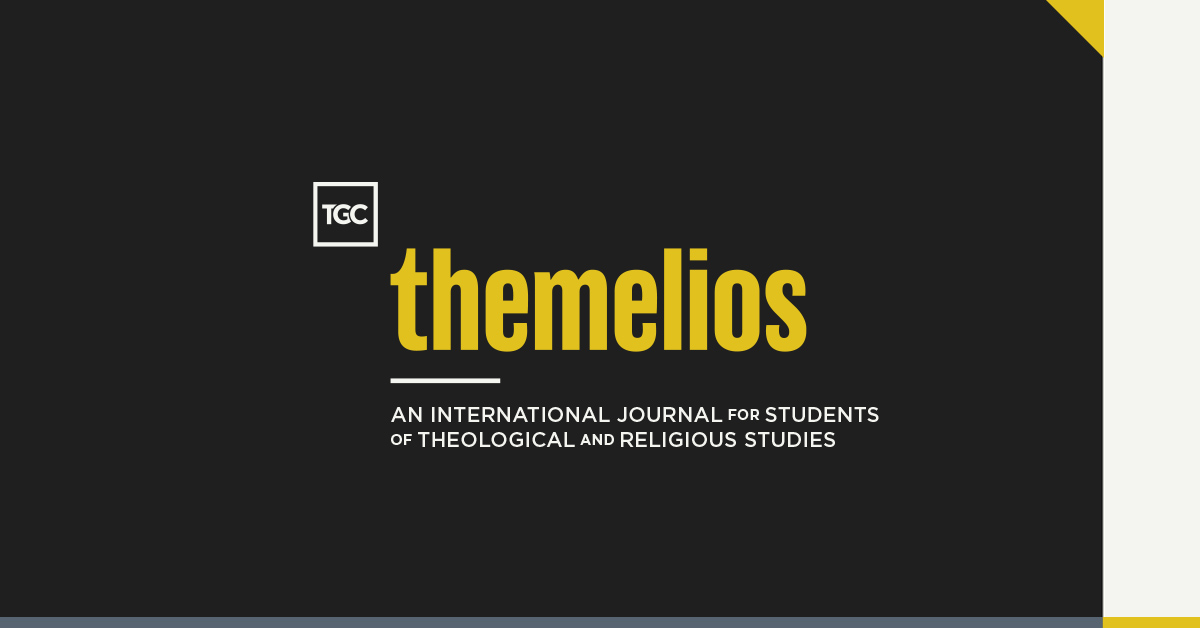
The debate over whether America is truly a Christian nation has sparked passionate discussions and countless scholarly works. This complex question reveals the nuanced origins of American identity and religious freedom.
Proponents of a secular national foundation point to the First Amendment's establishment clause and Thomas Jefferson's famous "wall of separation" between church and state. They argue that the country's founders intentionally created a government free from religious interference, designed to protect individual religious liberty.
Conversely, those who view America through a Christian lens highlight compelling historical evidence. They emphasize the deep Christian convictions of many founding fathers, the predominantly Christian cultural landscape of colonial America, and the existence of state-sponsored churches during the nation's early years.
The tension between these perspectives reveals the complexity of America's religious heritage. Rather than a simple binary of Christian versus secular, the nation's founding reflects a sophisticated negotiation of religious identity, individual freedom, and collective values.
Understanding this historical nuance requires moving beyond simplistic narratives and embracing the rich, multifaceted story of America's spiritual and political origins. The question of the nation's religious character continues to challenge and inspire thoughtful dialogue about identity, freedom, and shared national purpose.
Unraveling the Spiritual Tapestry: The Complex Religious Identity of America's Founding
The narrative of America's religious origins is a labyrinthine journey that defies simple categorization, challenging historians, theologians, and citizens alike to explore the nuanced relationship between faith, governance, and national identity. At the heart of this complex discourse lies a fundamental question that has sparked decades of passionate debate: Was the United States conceived as a Christian nation, or was it designed to be a secular republic?Decoding the Spiritual DNA of a Nascent Republic
Constitutional Foundations and Religious Liberty
The United States Constitution represents a revolutionary approach to religious freedom that transcends traditional European models of state-sponsored religion. The Founding Fathers, deeply influenced by Enlightenment philosophy and their own diverse religious experiences, crafted a unique framework that simultaneously protected religious expression and prevented governmental religious interference. This delicate balance emerged from a profound understanding of the potential dangers of state-mandated religious orthodoxy, drawing from the painful historical lessons of European religious conflicts. The First Amendment's establishment clause became a pivotal mechanism for ensuring religious pluralism. By explicitly prohibiting the creation of a national church, the founders established a groundbreaking principle of religious neutrality. This approach did not diminish the importance of faith but instead created a robust environment where multiple religious traditions could coexist and flourish without state-sponsored discrimination.The Diverse Religious Landscape of Colonial America
Colonial America was far from a monolithic Christian society, despite prevalent assumptions. While Protestant Christianity dominated the cultural landscape, the religious experience was remarkably diverse and complex. Different denominational traditions—Puritans in New England, Anglicans in Virginia, Quakers in Pennsylvania—represented a rich tapestry of theological perspectives and practices. The religious diversity of the colonial period was not merely a footnote but a fundamental characteristic of emerging American identity. Settlers brought with them not just religious beliefs but entire cultural frameworks that shaped social interactions, economic practices, and political philosophies. This religious heterogeneity laid the groundwork for the constitutional principles of religious tolerance and individual freedom.Theological Influences on Political Philosophy
The intellectual foundations of the American Revolution were deeply intertwined with religious thought, particularly Protestant theological traditions that emphasized individual moral agency and resistance to tyrannical authority. Prominent theologians and religious leaders played crucial roles in articulating political philosophies that challenged British colonial governance. Concepts of natural rights, individual liberty, and representative governance found resonance in religious discourse long before they became explicit political demands. Congregationalist and Presbyterian ministers, in particular, provided theological justification for revolutionary ideals, transforming religious rhetoric into a powerful instrument of political transformation.The Myth of Uniform Christian Consensus
Contrary to simplistic narratives, the founders represented a spectrum of religious beliefs ranging from traditional Christianity to deism and philosophical skepticism. Figures like Thomas Jefferson and Benjamin Franklin embraced philosophical perspectives that challenged conventional religious orthodoxies while maintaining profound respect for spiritual inquiry. This religious complexity challenges both secular and religious absolutist interpretations of America's founding. The nation emerged not as a monolithic Christian state nor as a completely secular republic, but as a nuanced experiment in religious pluralism and individual freedom.Legacy and Contemporary Implications
The ongoing debate about America's religious origins reflects deeper tensions within national identity. Understanding this history requires moving beyond reductive narratives that seek to claim exclusive ownership of the nation's spiritual heritage. The founders' vision was not about establishing a Christian nation but creating a political framework where diverse religious traditions could coexist and contribute to the collective social fabric. This approach remains a radical and transformative concept, offering a model of religious engagement that continues to inspire global conversations about freedom, tolerance, and spiritual diversity.RELATED NEWS
Religion
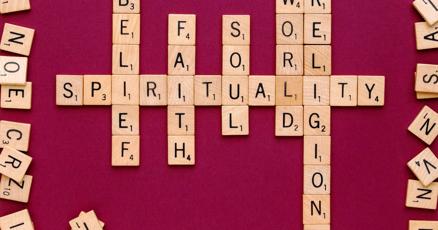
Remembering the March: Selma's Historic Struggle Commemorated at Wesley on 60th Anniversary
2025-02-28 12:30:00
Religion
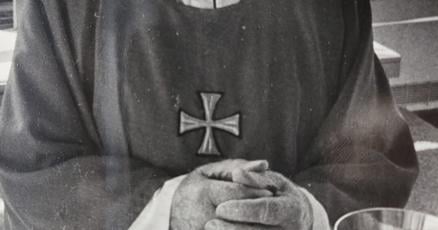
Spiritual Sanctuary Shuttered: Diocese Pulls Plug on Beloved Reflection Center
2025-02-26 05:00:00
Religion
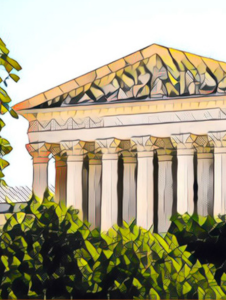
Faith, Education, and Freedom: Supreme Court Weighs Landmark Religious Charter School Challenge
2025-05-02 12:00:00
